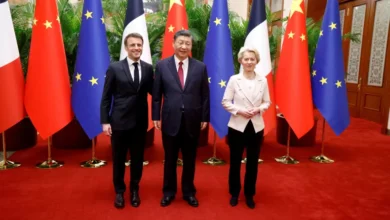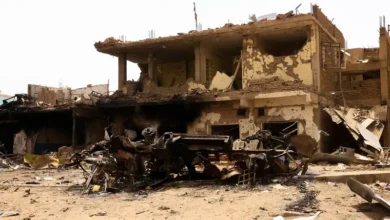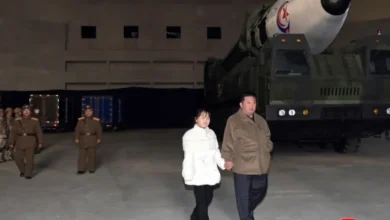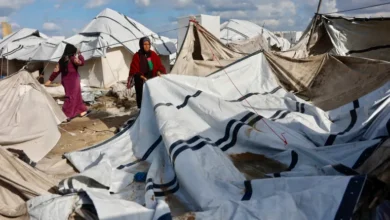Could the Houthis be next? Yemenis reflect on the fall of Syria’s al-Assad
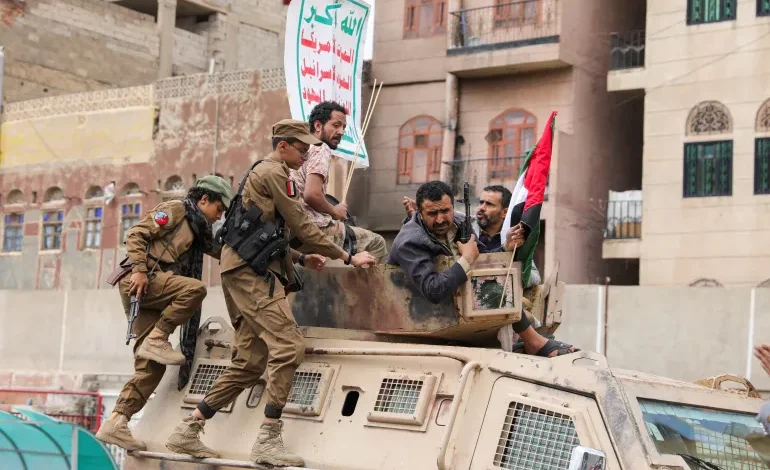
Mansour Saleh, a 25-year-old history graduate in Sanaa, has been glued to the political and military developments in Syria.
“Stunning”, “mysterious” and “unexpected”, are among some of the words he used to describe what happened in the country this month.
The fall of Syrian leader Bashar al-Assad earlier in December has set millions of Yemenis thinking about what lies in store for their own country.
Some say the fall of the Iran-allied Houthis in Yemen – who control Sanaa and much of northern and western Yemen – may be the “next surprise” in the region.
“My friends have different views. Some called me, happy about the eclipse of the Syrian regime, and others were sad over such a scenario. We’re a highly divided society,” said Saleh.
Crying over the fall of Damascus
Al-Assad’s defeat feels personal to Houthi supporters who see themselves as part of a broader, Iran-led, “axis of resistance” to Israel and the United States.
Under al-Assad, Syria was considered a key part of the axis and a route for the transfer of weapons between Iran, Iraq and Lebanon.
Abdulrahman Ali, a 40-year-old in Sanaa, says the demise of the former Syrian regime is a “massive loss”.
“When I watched the news on the fall of Damascus to Turkey-backed Syrian militant groups, I cried. Personally, I don’t care about Bashar. What matters is the continued strength of the axis of resistance,” Ali told Al Jazeera.
The Houthis, who held an armed takeover of Sanaa in September 2014 and then, in 2015, forced out the internationally-recognised government, are part of Iran’s ‘axis of resistance’, which includes the Islamic Resistance in Iraq, the Popular Mobilisation Forces in Iraq, and Lebanon’s Hezbollah. The former Syrian government was also considered part of the axis.
The Houthi takeover prompted a war as the ousted government and regional allies – led by Saudi Arabia and the United Arab Emirates – tried to wrest back control of Yemen.
In April 2022, a United Nations-sponsored ceasefire halted the fighting, but control remains divided among various groups, including the Houthis, and the Yemeni government and the Southern Transitional Council in the south and east.
Today, pro-Houthi Yemenis like Ali say the war may well start up again in Yemen.
“The current scenario in Syria may entice anti-Ansar Allah groups to launch a war,” he said, using the official name for the Houthis. “This will throw us into a new cycle of violence.”
The Houthi leadership is not scared of a renewal of fighting, Mohammed Ali al-Houthi, a senior member of the Houthi Supreme Political Council in Sanaa, said in a televised interview on December 12.
He added that the Houthis were ready should the “aggression” on Yemen resume, using a term the Houthis employ for attacks by the forces pitted against them.
“The Yemeni people do not care about threats,” al-Houthi added. “Any foolishness committed by the Israeli enemy against Yemen will trigger the [military] operations of the Yemeni armed forces.”



